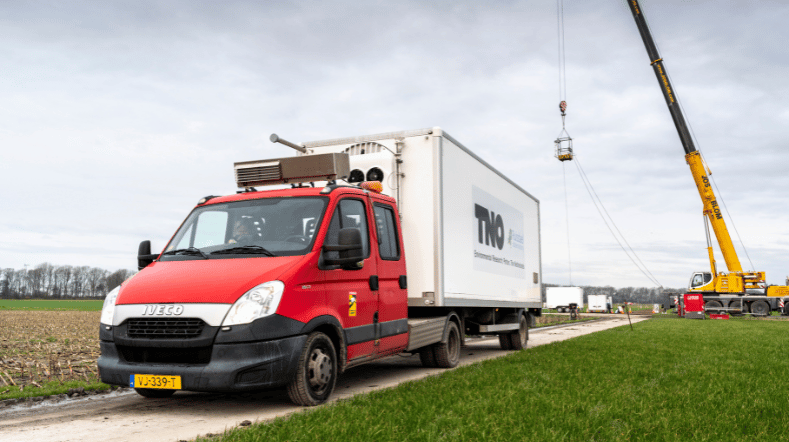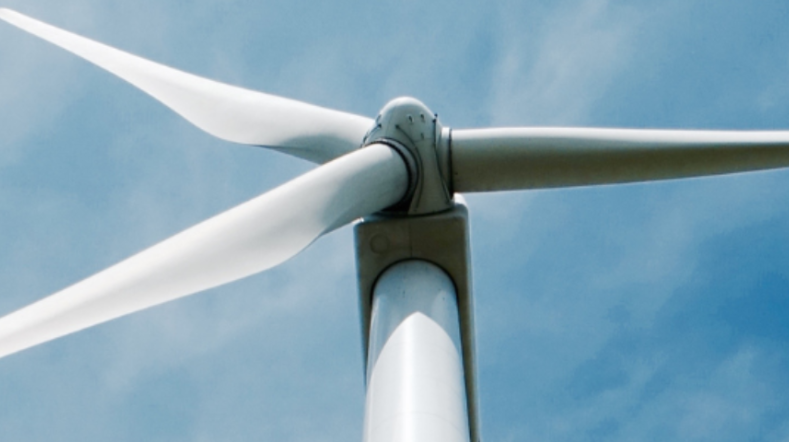
Carbyon: from lower to negative CO2 emissions
Industry, energy, transport, farming, the built environment: CO2 emissions need to be reduced in all these sectors to meet the climate targets. At least as interesting is the possibility of achieving negative emissions: CO2 can be removed from the air and stored underground using special technologies. This is a complicated process that requires a lot of energy and is very expensive, however. TNO has now developed a method that overcomes these drawbacks.
Learn more about Carbyon
Get inspired
876 resultaten, getoond 1 t/m 5
Predicting farm emissions from mobile measurements
TNO is developing measurement methods and models to better measure the emission, dispersion, and deposition of nitrogen compounds.


Trainee in the spotlight Charlot

Trainee in the spotlight Denzil

Increasing Wadden Islands’ sustainability with energy from water


Advancing wind turbine blade reliability through innovative monitoring and digital twin technology


